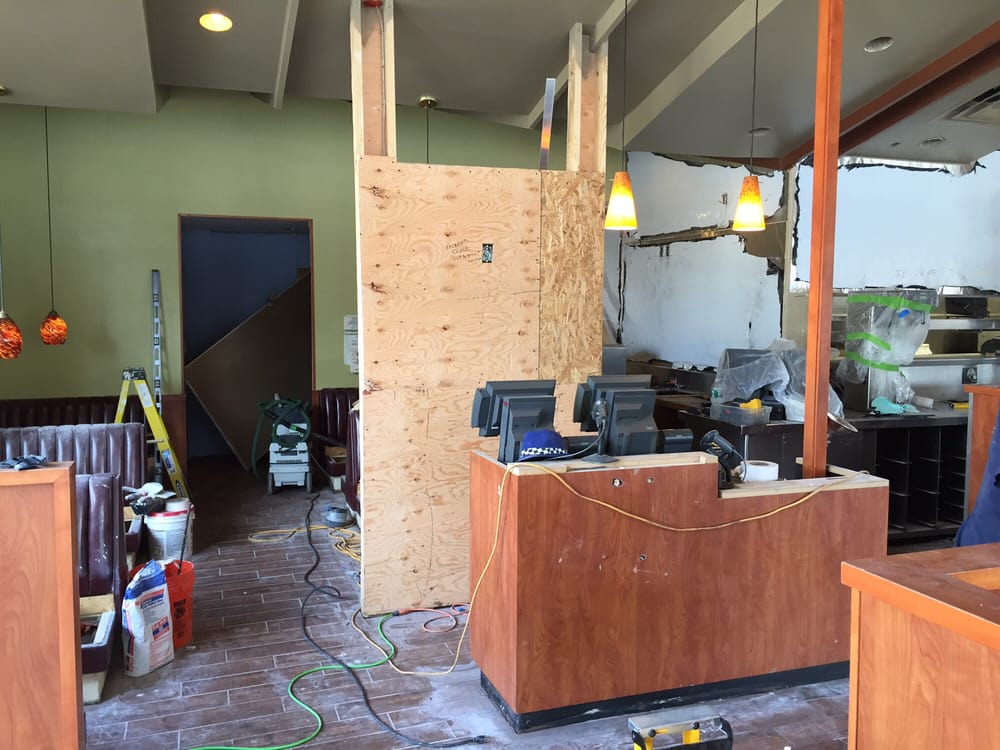Los Angeles-area restaurant operators and retailers considering remodeling to attract customers and stay competitive have an unexpected ally. The government. More specifically, the Internal Revenue Service or IRS for short. This is due to the finalization the IRS issued Rev. Proc. 2015-56 – better known as the Remodel Safe Harbor Rule – which offers certain retailers and restaurants a safe harbor method of accounting for remodeling expenditures on qualified buildings. When filing taxes, rather than spreading out remodeling costs over years and years, a big chunk of the costs can now be deducted in the first year. This lower tax bill makes retail and restaurant remodeling much more attractive.
Who Benefits from the Remodel Safe Harbor Rule?
The biggest beneficiary of this change is franchisees or multi-unit operators with anywhere from 5 to 10 units. This is because operators must either be part of a publicly traded group or have audited financial statements to qualify for the remodel safe harbor rule. Something a single-unit operator is unlikely to consider worthwhile.
Up until now, franchisees have often been resistant to reimaging/rebranding remodels mandated by franchisors. A more recent example of this is a lawsuit filed by the franchisor Wendy’s against their 4th largest franchisee DaveCo. DaveCo had resisted franchisor-mandated remodeling citing they’d get little to no return on their investment. Wendy’s sued to compel DaveCo to comply with their initiatives to grow the brand.
In the past, a franchisee retailer or restaurant could be looking at spending millions today for franchisor-mandated remodeling with tax deductions and savings spread out over 15 years.
Through the adoption of the safe harbor, many of these franchisees will now be able to immediately deduct 75% of qualified costs. The remaining 25% is capitalzed and depreciated over time.
This simplifies what used to be a complicated analyzation of facts come tax time. Prior to this, retail or restaurant operators had to determine what portion of their remodel could be deducted as a repair vs. what would be capitalized as an improvement. This kind of cost segregation was a headache not to mention expensive through an accountant.
While this method has been in effect for the last few tax years, many retail and restaurant operators still understandably have questions. The IRS has released this FAQ on the safe harbor accounting method for retail and restaurant businesses.
If you’d like to learn more about your eligibility, it’s imperative that you carefully consult with your tax adviser. Every individual situation varies. Only a professional tax adviser can walk you through the necessary steps you need to take to benefit from this IRS rule.

